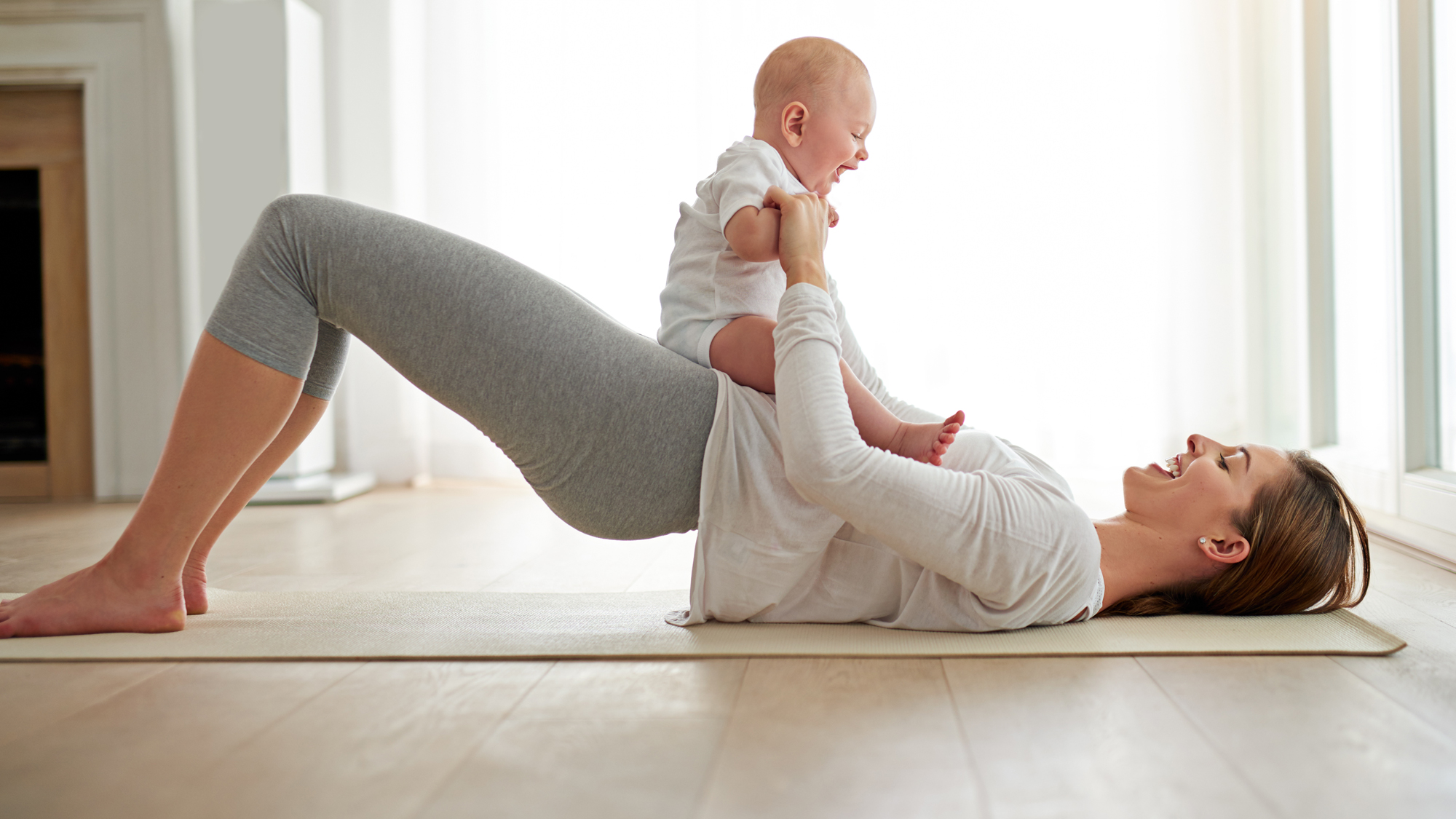It could take up to three years to regain your pre-pregnancy fitness
A recent study found that it took 75% of participants three years to rebuild their fitness after having a baby


Carrying another human around in your tummy for nine months requires a lot from your body. So naturally your fitness levels won’t be as sharp and resilient as they were before you became pregnant and delivered a child.
All too often women feel pressure for their bodies to ‘bounce back’ as quickly as possible after giving birth, but this is an unrealistic expectation. And some of the fittest females out there are testament to this, according to the results of a new study.
Researchers at the Martin Army Community Hospital in Georgia looked into how fast female soldiers regained their fitness after giving birth. The test included three parts that tested both their muscular and aerobic endurance: two minutes of push-ups, two minutes of sit-ups and a two-mile run.
Of course, coming from a military background meant the women taking part in the study were all in great shape prior to their pregnancy. Yet the study found one year after giving birth, only 30% were able to achieve their pre-pregnancy fitness levels. In fact, it took 75% of the women three years to fully return to the fitness levels they previously held before becoming pregnant.
The study analysed the data across 460 female soldiers who all became pregnant in the military and used the standard US Army Physical Fitness Test (APFT). The researchers noted from the study, “The most common individual event failure during the 30+ months was the 2-mile run.
“Women more quickly regained their push-up scores than those on the sit-up and run events.”
The extra weight you carry while pregnant may limit how often you get out in a pair of best running shoes for women. This combined with the event of giving birth will impact your physical endurance so it is key to take things easy.
Start your week with achievable workout ideas, health tips and wellbeing advice in your inbox.
We spoke to Christopher Barker, a PT that specializes in pre and post natal fitness. He advised that women who ran regularly prior to having a baby should ease themselves into things and start by going for longer walks until they get the all clear to start up again.
The London fitness expert emphasizes, “It is always important to get the all clear from your doctor before starting up an exercise routine again but you can start soon after birth with your kegel exercises - which will go a long way in strengthening your pelvic floor and preventing any unwanted incontinence.”
Kegel exercises are pelvic floor exercises which according to the NHS help to strengthen muscles around your bladder. As well as practising these, Barker recommends that post natal women gradually increase their activity levels and listen to how their body is feeling. He says that you should not feel guilty for requiring sleep and rest post-birth.
He adds, “If you are itching to start up again, start slow and gradual, avoiding high impact and fast changes in direction.”
Jessica is an experienced fitness writer with a passion for running. Her career in journalism began in local news and she holds a Masters in journalism. Jessica has previously written for Runners World, penning news and features on fitness, sportswear and nutrition.
When she isn't writing up news and features for Fit&Well covering topics ranging from muscle building, to yoga, to female health and so on, she will be outdoors somewhere, testing out the latest fitness equipment and accessories to help others find top products for their own fitness journeys. Her testing pairs up nicely with her love for running. She recently branched out to running 10Ks and is trying to improve her time before moving on to larger races. Jessica also enjoys building on her strength in the gym and is a believer in health and wellness beginning in the kitchen. She shares all of this on her running Instagram account @jessrunshere which she uses for accountability and for connecting with like-minded fitness lovers.
